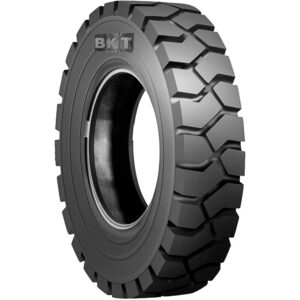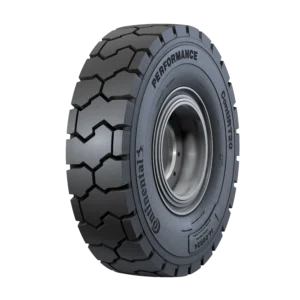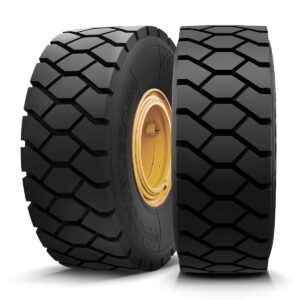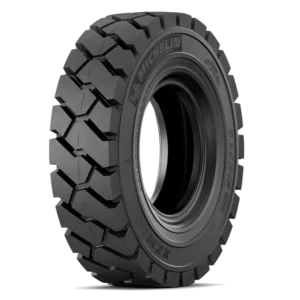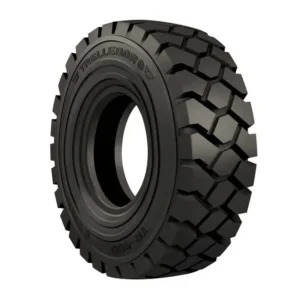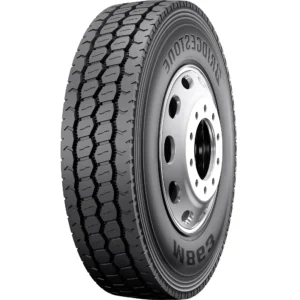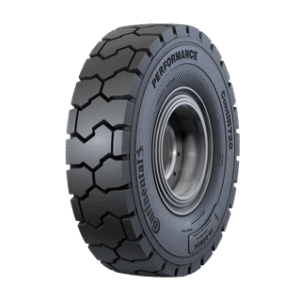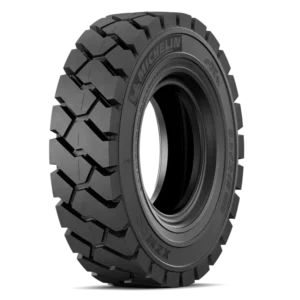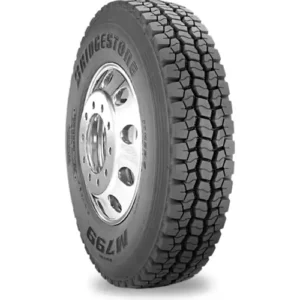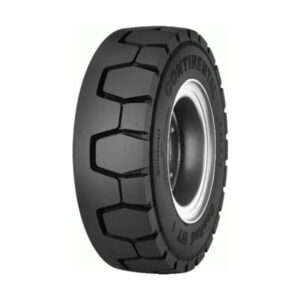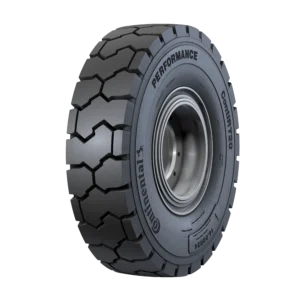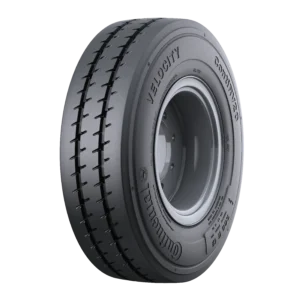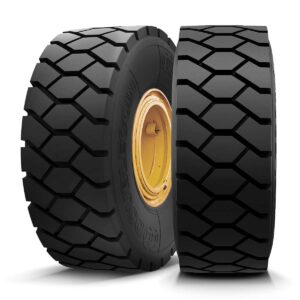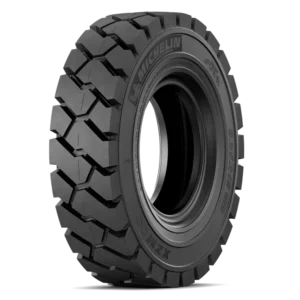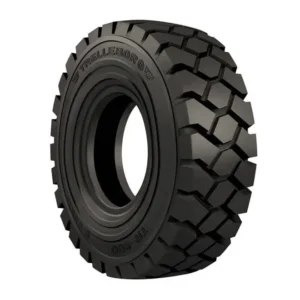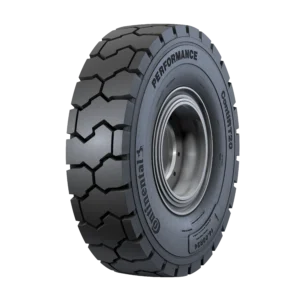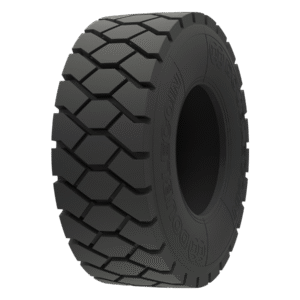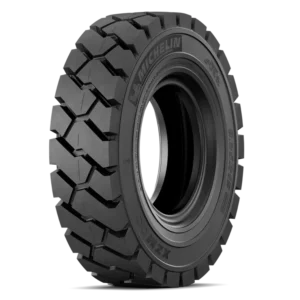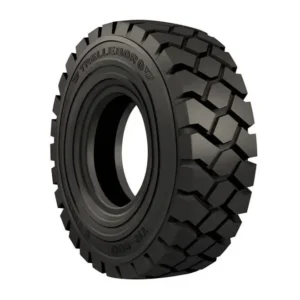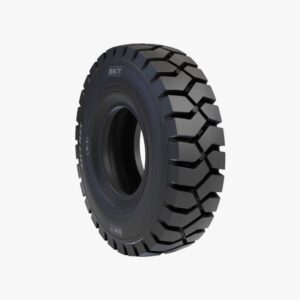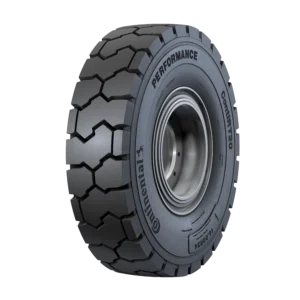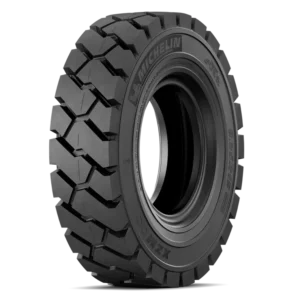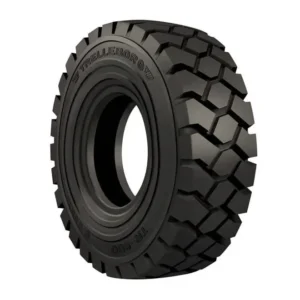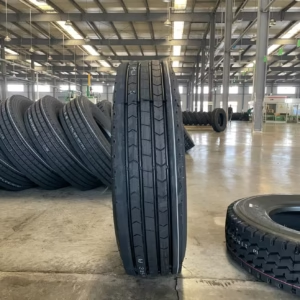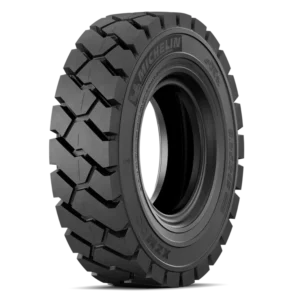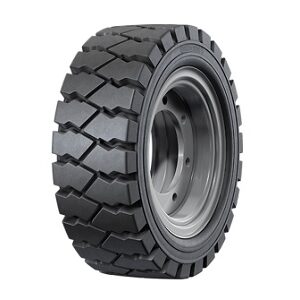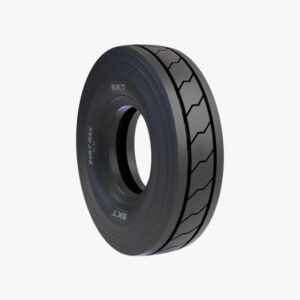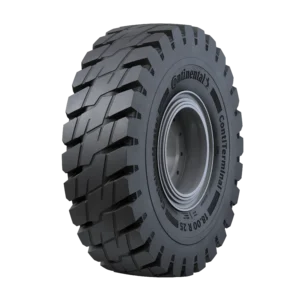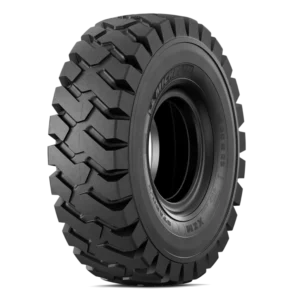Commercial Truck Tires: The Ultimate Guide to Choosing the Right Tires for Your Fleet
Commercial truck tires play a crucial role in fleet operations, ensuring safety, performance, and cost-efficiency. Whether you operate long-haul freight trucks, delivery vans, or heavy-duty construction vehicles, selecting the right commercial tires can significantly impact fuel consumption, road safety, and operational uptime.
In this comprehensive guide, we’ll explore the types, features, and benefits of commercial truck tires while helping you make informed purchasing decisions for your fleet.
What Are Commercial Truck Tires?
Commercial truck tires are specifically designed for medium to heavy-duty trucks that carry goods over long distances or operate under demanding conditions. Unlike passenger vehicle tires, commercial truck tires are built for durability, higher load capacities, and extended mileage.
They are engineered with robust tread patterns, thicker sidewalls, and specialized rubber compounds to withstand the rigorous demands of commercial transportation.
Types of Commercial Truck Tires
a. Steer Tires
Steer tires are mounted on the front axle of a truck and influence handling, steering, and cornering. They have straight rib tread patterns that offer directional stability and resist irregular wear. Since they are exposed to the most friction, steer tires should be replaced more frequently.
Best For: Highway and regional driving.
b. Drive Tires
Located on the drive axle, drive tires provide traction and transmit power from the engine to the road. They often feature deeper and more aggressive tread designs to maximize grip, especially in wet or slippery conditions.
Best For: Long-distance hauling, regional freight, and off-road conditions.
c. Trailer Tires
Trailer tires are designed for the load-bearing axles of trailers. These tires are optimized for even wear, minimal rolling resistance, and maximum load capacity. They don’t need high traction but must handle lateral stress well.
Best For: Trailer axles in all commercial truck types.
d. All-Position Tires
All-position tires are versatile and can be mounted on any axle, though they are typically used on the steer axle. They offer a balanced mix of performance, traction, and durability.
Best For: Fleets seeking cost-effective tire rotation and replacement options.
Key Features to Consider
When choosing commercial truck tires, it’s important to consider several technical and performance features:
a. Tread Design
-
Rib Tread: Ideal for steer and trailer tires.
-
Lug Tread: Provides strong traction; best for drive tires.
-
Hybrid Tread: A blend of rib and lug patterns for balanced performance.
b. Load Rating
Indicates the maximum weight a tire can carry. It must align with the Gross Vehicle Weight Rating (GVWR) of your truck.
c. Speed Rating
Represents the maximum speed at which a tire can carry a load. Common speed ratings for truck tires include L (75 mph), M (81 mph), and N (87 mph).
d. Tire Ply and Sidewall Strength
More plies mean stronger tires that can handle heavier loads and rough terrains. Commercial tires often range from 14-ply to 22-ply ratings.
Best Commercial Truck Tire Brands
Choosing a reputable brand ensures performance, safety, and durability. Below are top-rated commercial truck tire brands:
-
Michelin: Known for fuel efficiency and long tread life.
-
Bridgestone: Offers a wide range of heavy-duty tires with innovative designs.
-
Goodyear: Provides tires for various applications with excellent retreadability.
-
Continental: Renowned for superior mileage and smart tire technologies.
-
Yokohama: Affordable and durable options for various fleet needs.
-
Firestone: Great value for regional and urban trucking.
6. How to Choose the Right Truck Tires for Your Needs
Selecting the right commercial tires depends on your vehicle type, driving conditions, and load requirements. Here’s a breakdown:
| Factor | What to Consider |
|---|---|
| Vehicle Type | Long-haul trucks vs. city delivery vans |
| Axle Placement | Steer, drive, or trailer position |
| Road Conditions | Highway, mixed service, or off-road |
| Climate | All-season, winter, or summer tires |
| Load Weight | Check load rating vs. typical cargo weight |
Consult your vehicle manufacturer’s specifications and work with a professional tire dealer to match the right tire to your application.
7. Benefits of High-Quality Commercial Truck Tires
a. Enhanced Safety
Quality tires reduce the risk of blowouts and improve braking performance, especially under load.
b. Better Fuel Efficiency
Low rolling resistance tires can significantly reduce fuel consumption over time.
c. Longer Tread Life
Premium tires often come with improved tread designs and materials that extend mileage.
d. Less Downtime
Durable tires reduce maintenance frequency, keeping your fleet running smoothly.
e. Retreadability
Many commercial tires are designed to be retreaded, lowering overall tire costs.
8. Maintenance Tips for Longevity
Proper maintenance extends the life of commercial truck tires and ensures peak performance.
-
Check Air Pressure Weekly: Underinflation or overinflation leads to uneven wear and blowouts.
-
Inspect for Damage: Look for cuts, cracks, or foreign objects.
-
Rotate Tires Regularly: Promotes even tread wear.
-
Balance and Align: Prevents uneven wear and improves fuel efficiency.
-
Monitor Tread Depth: Replace tires before they reach the minimum tread depth (typically 4/32” for steer tires).
9. When to Replace Your Truck Tires
Replace your commercial truck tires when:
-
Tread depth is below legal minimums.
-
There are visible cracks, bulges, or exposed cords.
-
The tires have reached the end of their service life (typically 6–10 years).
-
Irregular wear patterns persist despite rotation and alignment.
Commercial Truck Tires
Showing 1–30 of 340 results
-
-
-
-
-
-
Commercial Truck Tires
11 r 22.5 tires commercial trucks
11R22.5 tires stand out for their durability, load capacity, and performance on highways and rough terrains. In this comprehensive guide, we’ll explore everything you need to know about 11R22.5 commercial truck tires, including their specifications, benefits, top brands, maintenance tips, and where to buy them.
SKU: n/a -
Commercial Truck Tires
11.00R20 CONTINENTAL CONTI RT20
The Continental Conti RT20 Tyre is perfect for empty Container Handlers and Heavy Forklifts. The construction of the Continental ContiRT20 Tyre is specially designed to offer maximum tilting stability and therefore safety when lifting and transporting heavy and fragile loads.
SKU: n/a -
-
Commercial Truck Tires
11×24.5 aluminum commercial truck tires
Hanksugi International Co.,Ltd will come to you with special care and you can easily contact them for any information that you may need about the product. Compared with other similar Henan, China products in the market, TBR,PCR,OTR,Aluminum Wheels, Steel Wheels it can be very stable
SKU: n/a -
Commercial Truck Tires
12.00R20 CONTINENTAL CONRAD HT1
The Continental ConRad HT1 is designed for large forklifts and built tougher for a longer life on your machine. The Continental ConRad HT1 Tyre provides less heat and lower rolling resistance, so works as a great solution for larger forklifts.
SKU: n/a -
Commercial Truck Tires
12.00R20 CONTINENTAL CONTI RT20
The Continental Conti RT20 Tyre is perfect for empty Container Handlers and Heavy Forklifts. The construction of the Continental ContiRT20 Tyre is specially designed to offer maximum tilting stability and therefore safety when lifting and transporting heavy and fragile loads.
SKU: n/a -
Commercial Truck Tires
12.00R20 CONTINENTAL CONTI RV20
The Continental ContiRV20 Velocity Tyre offers high productivity and lowest operating costs in fast moving logistic applications. The improved wet grip and traction capabilities of the Continental ContiRV20 Velocity Tyre mean shorter stopping distances and better grip on slippery or sloping surfaces and therefore better safety.
SKU: n/a -
-
-
-
Commercial Truck Tires
12.00R24 CONTINENTAL CONTI RT20
The Continental Conti RT20 Tyre is perfect for empty Container Handlers and Heavy Forklifts. The construction of the Continental ContiRT20 Tyre is specially designed to offer maximum tilting stability and therefore safety when lifting and transporting heavy and fragile loads.
SKU: n/a -
Commercial Truck Tires
12.00R24 CONTINENTAL CONTI RT20
The Continental Conti RT20 Tyre is perfect for empty Container Handlers and Heavy Forklifts. The construction of the Continental ContiRT20 Tyre is specially designed to offer maximum tilting stability and therefore safety when lifting and transporting heavy and fragile loads.
SKU: n/a -
-
-
-
-
-
-
-
Commercial Truck Tires
15 inch commercial truck tires
15 inch commercial truck tires, Continental engineers truck and bus tires for the replacement and original equipment markets, and as an integrated solutions provider, our product portfolio expands far beyond tires. From retread solutions and digital tire monitoring, to breakdown service and other fleet solutions, we keep you rolling.
SKU: n/a -
-
Commercial Truck Tires
15X4.5R8 CONTINENTAL IC70
The Continental IC 70 Tyre has the extra deep tread you need for your forklift. The Continental IC 70 is the universal industrial tyre for all wheel positions for your forklift. Ride easy, save energy and give your tyres a longer life with the Continental IC 70 Tyre.
SKU: n/a -
Commercial Truck Tires
16.00R25 CONTINENTAL CONTAINERMASTER RADIAL
The Continental ContainerMaster Radial is designed for heavy forklifts, loaded container handlers and reach stackers. A tread compound for Continental Container Master Radial has been developed to reduce heat build up and allow the tyre to do longer distance load
SKU: n/a -

